As it has in many areas of our lives, the practice of social distancing has brought some challenges to the world of real estate; one of the more obvious being how properties that are for sale are shown to potential buyers. Everyone is wary of the public health risks that showings and/or Open Houses pose, and we are all trying to minimize person-to-person contact while going about the business of selling the property.
Most, if not all, real estate bodies have ceased Open Houses and showings are no longer confirmed unless sellers have given express consent and everyone who could be entering a home signs a waiver confirming that they meet certain health standards and do not believe they pose a risk to the occupants or other attendees; for instance, the Real Estate Council of Ontario recommends that agents hold virtual showings whenever possible, the Toronto Regional Real Estate Board has suppressed all Open Houses on their public-facing website, and most real estate Boards have allowed active listings to be suspended (temporarily unavailable for showing appointments) with a seller’s verbal request as long as listing agents endeavour to get the proper documentation completed in a timely manner.
Many people who hoped to enter the real estate market are wondering how the banks will adapt to the Coronavirus pandemic and what their actions might mean to buyers and sellers. In an effort to influence the extent that the virus impacts the Canadian economy, The Bank of Canada cut its benchmark interest rate by 50 basis points to 0.75%, making mortgage rates more affordable. From an affordability perspective, this rate cut could prompt anyone who had been considering purchasing a home to act and take advantage of incredibly low mortgage rates. Look at it this way: you’ve worked hard and managed to save $65,000 to put towards a down payment on a new home. If you were already keeping an eye on the housing market, it sure seems like a great time to approach your bank to apply for a mortgage while variable rates are as low as 1.90%!
Canadians have been wary of a recession for years, and as the COVID-19 pandemic escalates, so too do the rumours that we’re all teetering on the brink of a global recession. How about a little bit of perspective? Remember the global financial crisis in 2008? The economic downturn it caused lasted just seven months in Canada – much shorter than experts expected. The lesson to take form that? It is impossible to predict how long it will last this time around. There’s also no guarantee a recession will impact housing prices. And, it’s likely that a recession would not solve the housing affordability issue in areas such as the GTA. That is an issue of supply and demand.
“The only way to change housing affordability is to decrease the demand for houses. You can’t change housing affordability when the supply does not keep up with the demand,” explains Shawn Stillman, co-founder of Mortgage Outlet, in an interview with lowestrates.ca. “The minute housing prices go down in Toronto, people are going to jump on the market and try to snap them up. So it’s not a demand issue, which is what a recession solves, the supply issue is the problem.”
In the event house prices do see a decline, remember that also doesn’t automatically make it easier to enter the market. If that happens, every interested buyer will be waiting to jump when they find a suitable property and some of them have been building their down payment for years, so competition will still be an issue.
So, the reality is that the fundamentals of the market, particularly in the GTA and other major urban centres, won’t change; pent-up buyer demand has been continuing to build as the supply of available homes for sale remains low. That limited inventory, combined with the population growth in Ontario’s larger cities, means we should expect market activity to resume and recover relatively quickly once we’ve mitigated the health risks from COVID-19 and the financial markets stabilize.
Therefore, words of advice for aspiring home buyers remain the same as they have always been: don’t try to time the market because we can never know exactly how the market is going to respond to circumstances. Continue to build your savings or equity, keep your eye on available properties and find yourself a real estate agent you can trust and feel comfortable with.




